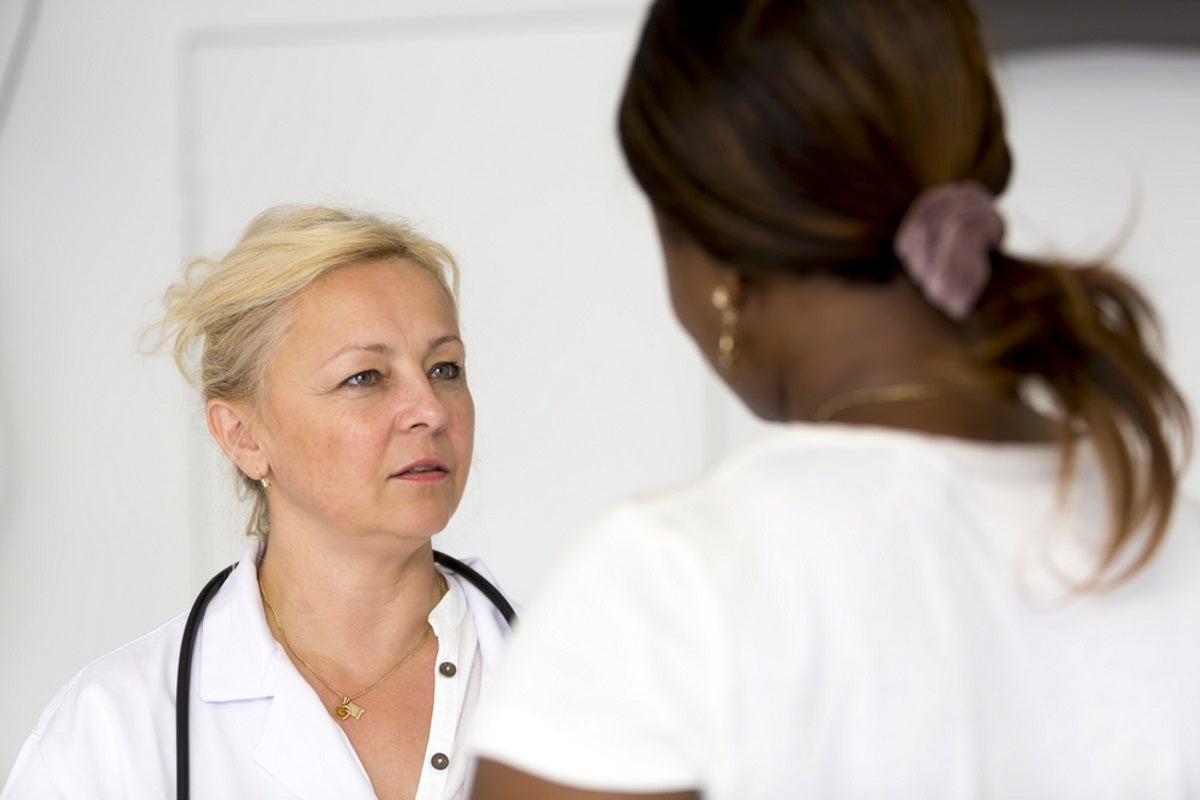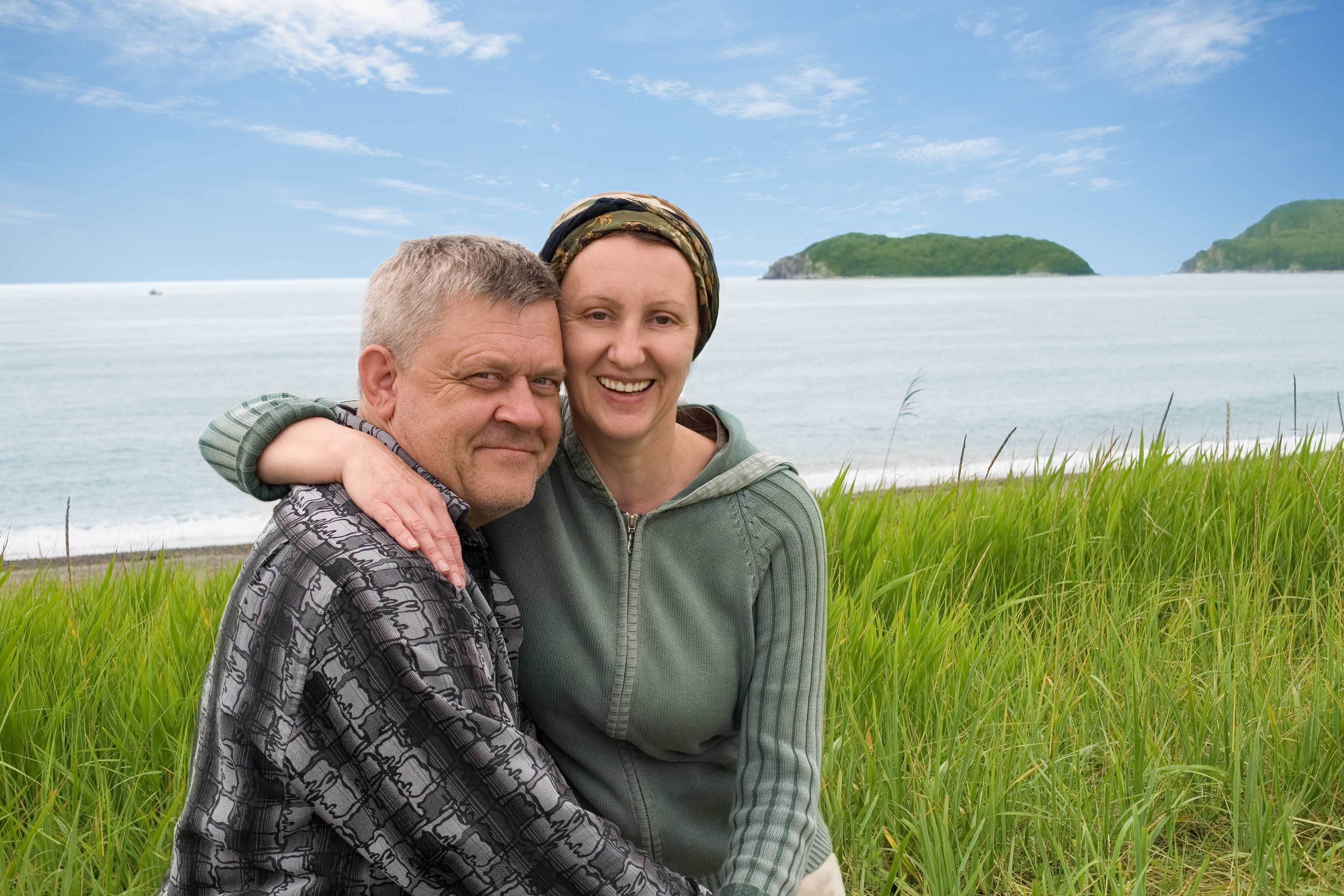Many Women Will Experience Vulvovaginal Symptoms after Menopause Begins
After menopause, more than half of women have vulvovaginal symptoms like itching, burning, stinging, pain, irritation, dryness, discharge, or odor, and most do not get the standard treatment, according to a new study.
“Over 10 percent of postmenopausal women reported five or more vulvovaginal symptoms within the last week,” said lead author Dr. Elizabeth A. Erekson of the Geisel School of Medicine at Dartmouth College in Hanover, New Hampshire.
“During the reproductive years, while a woman is menstruating, the vagina and vulva is exposed to estrogen,” Erekson told Reuters Health by email. “After menopause, these areas are not exposed to estrogen and women develop symptoms of vaginal dryness, burning, and irritation,” and commonly also pain with intercourse.
The researchers recruited 358 women over age 55 to complete questionnaires on their vaginal symptoms, other menopause symptoms, other pelvic problems, whether they had seen a gynecologist and if so what treatment they had received.
Just over half the women said they had vulvovaginal symptoms, with many saying the symptoms caused emotional problems or had an impact on their lifestyle. Three-quarters of those who were sexually active with a partner said their symptoms posed problems there, too.
“Vaginal lubrication is the most common treatment for vulvovaginal symptoms,” Erekson said. “I would caution women to be very careful about the over-the-counter products they use . . . and to discuss these symptoms and products with their doctor.”
Many products marketed for vulvovaginal symptoms can cause severe allergic reactions in most women, she added.
Half of women with vulvovaginal symptoms also had urinary frequency and nearly as many had leaking because of urinary urgency. Pelvic organ prolapse and fecal incontinence were also more common for these women, the research team reported in the journal Menopause.
Nearly a third of women with symptoms had not seen a gynecologist over the previous two years and 83 percent were not getting the standard treatment for genitourinary syndrome of menopause, which is low-dose vaginal estrogen via creams, pills or rings.
“Vaginal estrogen does not carry the same side-effects and risks as systemic estrogen (taken by mouth or worn as a patch) and is more effective in the treatment of these local vulvovaginal symptoms,” Erekson said.
Article originally appeared on foxnews.com: After Menopause, Vulvovaginal Troubles are Common







